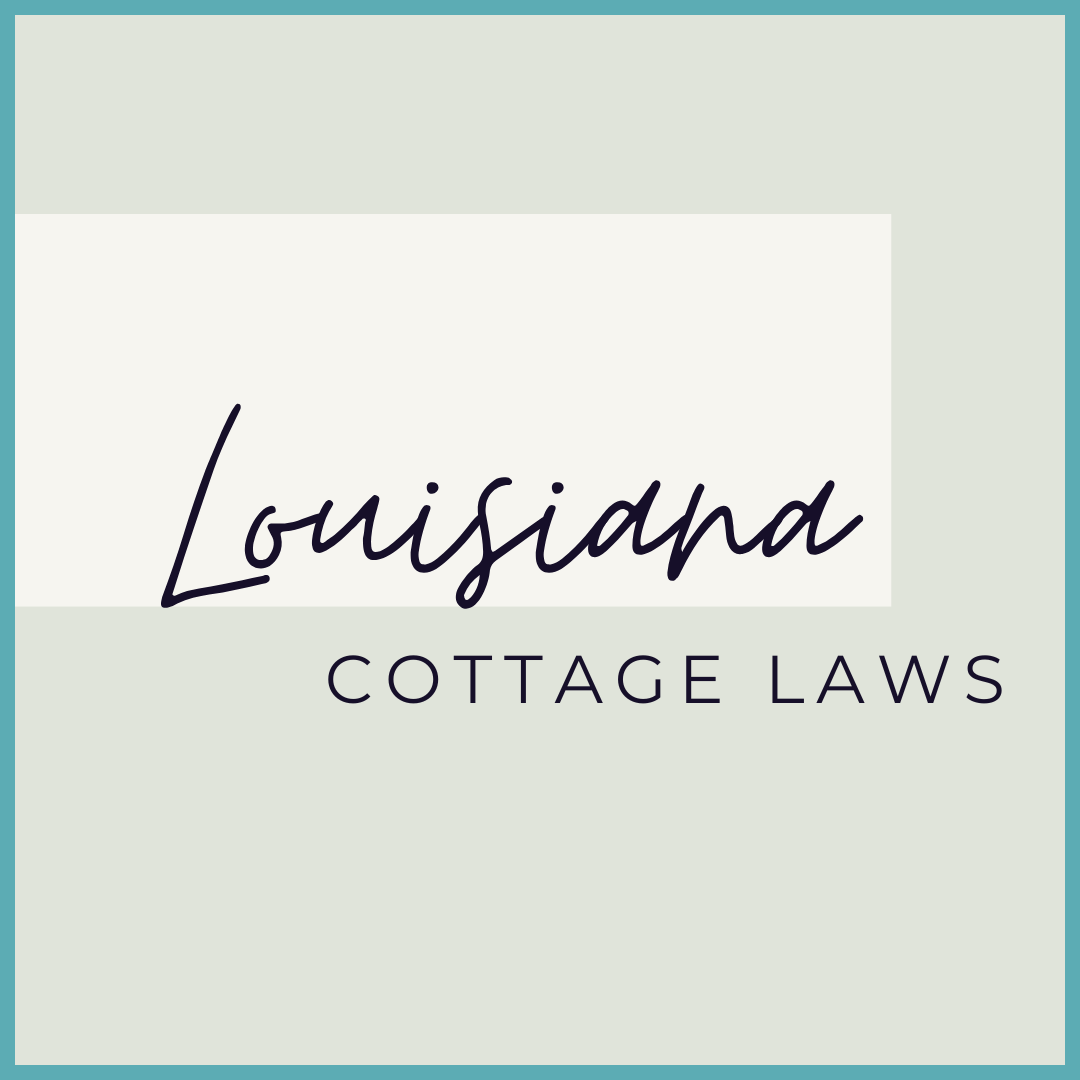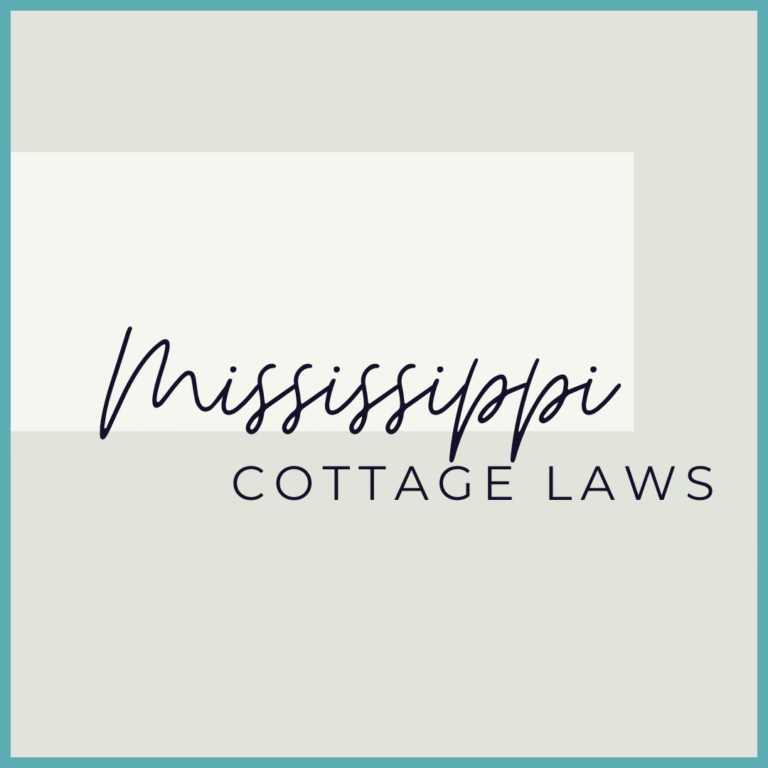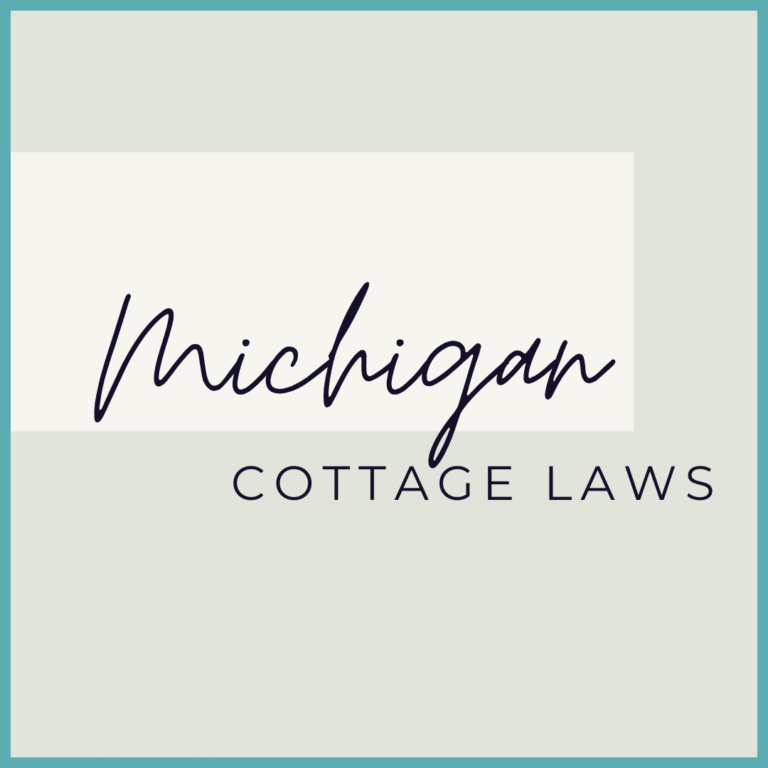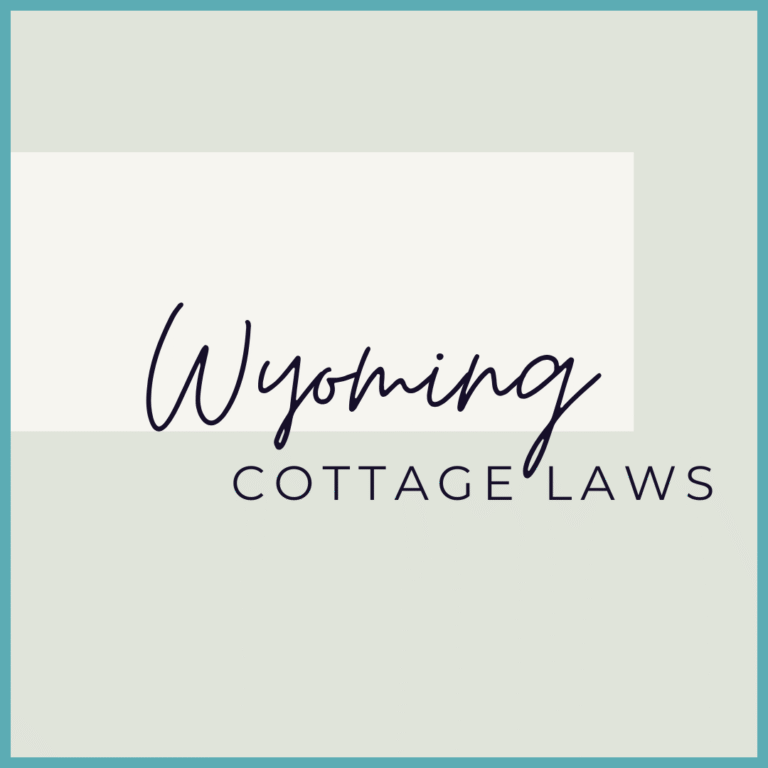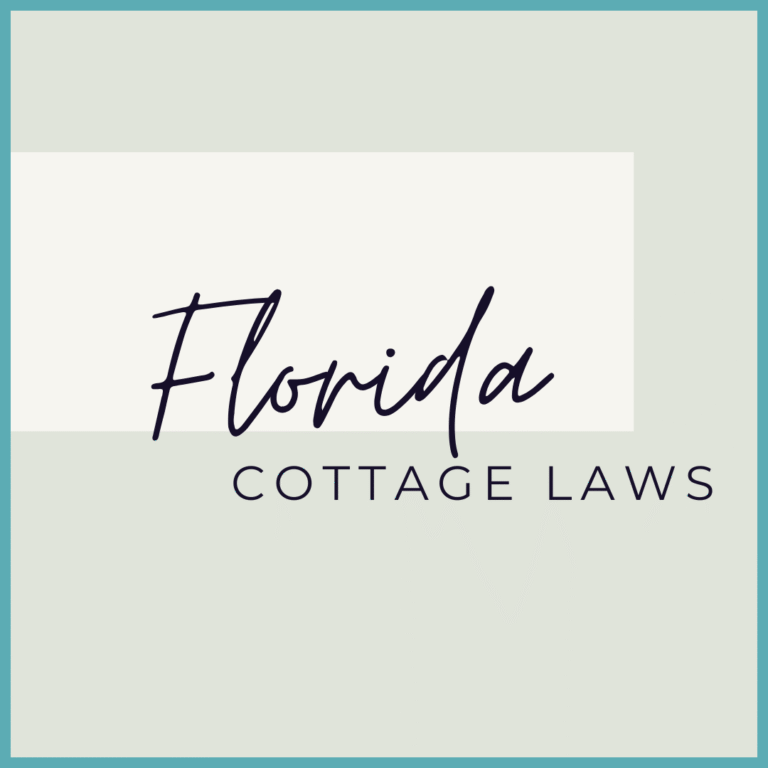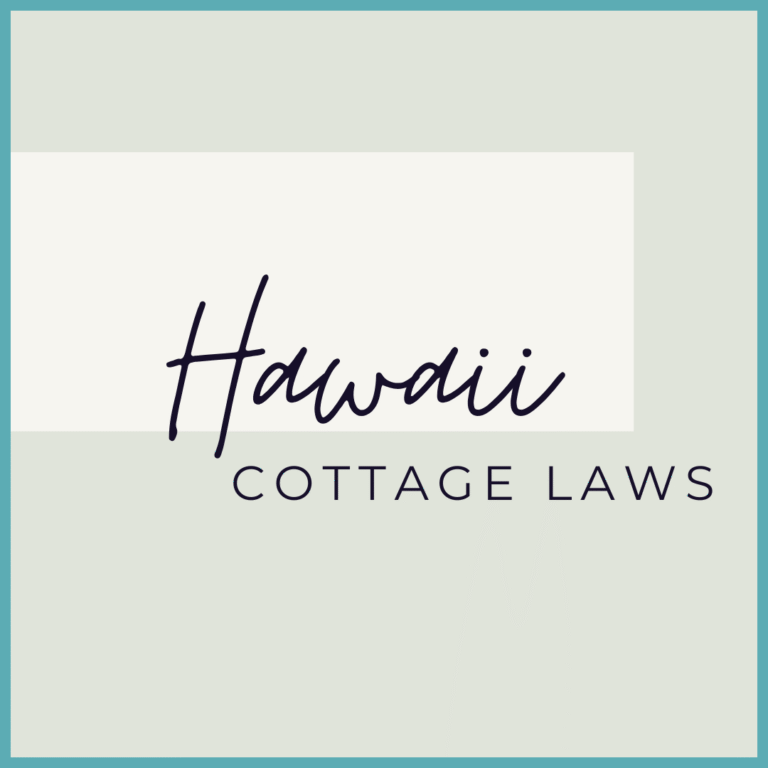Louisiana Cottage Laws
Your complete guide to starting a home baking business in the Pelican State
Dreaming of turning your famous beignets or pralines into a profitable business? Louisiana's cottage food laws make it possible to start selling your homemade treats right from your kitchen! Whether you're perfecting traditional Louisiana favorites or creating your own unique baked goods, the state's cottage food law (Act 542) gives you the green light to start your food business journey.
The Good News: Louisiana is Baker-Friendly!
Here's what makes Louisiana great for aspiring home bakers:
- No permit required to get started
- No government inspections of your home kitchen
- No mandatory training (though it's recommended)
- Wide variety of selling locations
- Unique allowances not found in other states
Louisiana cottage food producers do not need government inspections, permits or training to get started.
What Can You Make and Sell?
Louisiana's cottage food law includes all of the following “low-risk foods,” none of which shall consist of any animal muscle protein or fish protein:
Baked Goods
- Breads (including banana bread, zucchini bread)
- Cakes (including wedding cakes)
- Cookies (all varieties)
- Pies (fruit pies, even custard and cream pies!)
- Bagels, muffins, scones
- Brownies, cupcakes, donuts
- Crepes and macarons
Louisiana Specialty: Cream and Custard Treats
Here's where Louisiana stands apart from most states: Unlike most other states, custard or cream-filled bakery products are allowed, but only if pasteurized milk products are used. This means you can make:
- Cream-filled donuts
- Custard pies
- Cream-filled cupcakes
- Eclairs and cream puffs
Just remember: Only pasteurized milk or milk products shall be used in the preparation of custard and cream-filled bakery products.
Sweet Treats & More
- Candies (hard candies, fudge, pralines)
- Honey and honeycomb products
- Jams, jellies, and preserves
- Dried mixes (cake mixes, cookie mixes)
- Pickles and acidified foods
- Sauces and syrups (including cane syrup)
- Spices and seasonings
What You CAN'T Make
To keep everyone safe, you cannot make foods that contain:
- Animal muscle protein or fish protein
- Raw doughs for sale
- Fresh juices
- Anything requiring refrigeration for safety (except the cream/custard items mentioned above)
Where Can You Sell Your Goodies?
Louisiana gives you lots of flexibility! Louisiana cottage food producers may sell their products almost anywhere without restriction. The state allows direct sales, including online sales, for all Louisiana cottage foods at private residences, roadside stands, special events and farmers' markets.
You can sell at:
- Farmers markets
- Fairs and festivals
- Online (with some restrictions)
- Your home
- Roadside stands
- Special events
Special Selling Rules
Here's where it gets interesting: The state also allows retail sales in businesses like restaurants, grocery stores and coffee shops for all products except breads, cakes, cookies and pies.
This means:
- Breads, cakes, cookies, and pies: Direct sales only (no selling to stores)
- Other items (candies, jams, sauces, etc.): Can be sold to restaurants and stores!
Income Limits: Plan for Growth
In 2022, the sales limit increased to $30,000 per year. While this might seem limiting, it's perfect for getting started and testing your market. Once a Louisiana cottage food operation is running, the state caps annual gross revenue at $30,000.
Required Paperwork: Keep It Simple
Before you start selling, you need:
- Louisiana General Sales Tax Certificate from the Department of Revenue
- Local sales tax certificate from any jurisdiction where you plan to sell
A CFO needs to apply for a Louisiana General Sales Tax Certificate from the Department of Revenue, plus a local sales tax certificate (from any region it will sell in), before selling products.
Labeling Requirements
Every product you sell must have a label that includes:
- Product name
- Your name and address
- Ingredient list
- A statement that “clearly indicates that the food was not produced in a licensed or regulated facility”
Special note for honey: The food labeling requirement shall not apply to raw honey offered for sale if the honey is not pasteurized, filtered, or otherwise processed.
Important Rules to Follow
You Must Work Alone
The state also bans Louisiana cottage food producers from employing assistants. This means you're the only one who can prepare and sell your products.
Kitchen Requirements for Certain Items
If you're making breads, cakes, cookies, or pies, your kitchen must meet specific standards:
- All outside openings of the building shall be protected against flies and other vermin
- Domestic pets shall be excluded in any part of the establishment where preparation and baking takes place
- Equipment must be kept clean and sanitary
- Refrigeration shall be provided so that all perishable food products used in the manufacturer processing shall be maintained at a temperature not to exceed forty-five degrees Fahrenheit
Special Rules for Cream and Custard Items
If you're making those special cream-filled treats:
- All custard or cream-filled mixtures shall be cooked to a minimum temperature of one hundred forty-five degrees Fahrenheit for a period of not less than thirty minutes
- Upon completion of the cooking, it shall be immediately transferred into previously sanitized containers and chilled as rapidly as possible to forty-five degrees Fahrenheit or below
Getting Started: Your Action Plan
- Choose your products from the approved list
- Apply for your sales tax certificates (state and local)
- Set up your kitchen according to requirements
- Design your labels with required information
- Start small – test at a farmers market or with friends
- Keep good records to track your $30,000 limit
- Grow your business within the guidelines
Food Safety Best Practices
Even though inspections aren't required, protect your customers and your business:
- Keep everything spotless – clean and sanitize all surfaces
- Use quality ingredients – especially pasteurized milk products
- Monitor temperatures – especially for cream-filled items
- Exclude pets from your baking area
- Label allergens clearly – help customers with food allergies
- Keep detailed records – track ingredients and processes
Common Beginner Questions
Q: Can I sell my famous King Cake?
A: Absolutely! King cakes fall under the “cakes” category and are perfectly legal.
Q: What about my grandmother's praline recipe?
A: Pralines are candies, so yes! They're allowed under the cottage food law.
Q: Can I make jambalaya to sell?
A: No, jambalaya contains animal protein, which isn't allowed under cottage food laws.
Q: Can I hire my teenager to help?
A: No, you must be the only person preparing and selling the food.
Q: What happens if I make more than $30,000?
A: You'll need to transition to a commercial kitchen and get proper licensing for a food business.
The Bottom Line
Louisiana's cottage food laws strike a unique balance – they're flexible enough to let you start easily but have enough structure to keep food safe. The state's allowance for cream and custard items sets it apart from most other states, giving Louisiana bakers a special advantage.
Whether you want to share your family's traditional recipes or create something entirely new, Louisiana's cottage food laws provide a pathway to turn your passion into profit. Start small, follow the rules, and who knows? Your home kitchen might be the birthplace of the next great Louisiana food business!
Remember: Laws can change, so always verify current requirements with the Louisiana Department of Health (225-342-9500) or Louisiana Department of Agriculture (866-927-2476) before starting your business.
